Research Centers
About the Centers Heading link
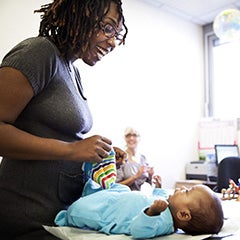
The UIC Center of Excellence in Maternal and Child Health trains students to support and promote the health and well-being of women, children and families. In partnership with public and private agencies serving maternal and child health populations and communities, the Center emphasizes understanding the complex factors that affect population health and health disparities. Center Website

The Center for Healthy Work is one of six Centers of Excellence for Total Worker Health through the CDC’s National Institute for Occupational Safety and Health. The Center works to remove barriers that impact the health of low wage workers in the increasingly contingent workforce by identifying and promoting employment programs, practices and policies that will improve worker and community health locally, across the state and throughout the nation. Center Website

The Chicago Center for Health and Environment (CACHET) promotes multidisciplinary environmental health research among clinician, laboratory and population scientists from two Chicago area universities with complementary strengths and structure to understand, evaluate and ultimately reduce environmental health related disparities among residents of the region and beyond. Center Website
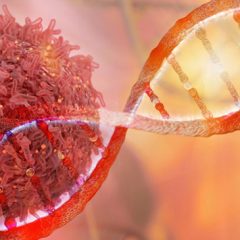
As a part of the national network of 18 Resource Centers for Minority Aging Research (RCMAR), the Center for Health Equity in Cognitive Aging (CHECA) strives to enhance research and mentoring infrastructure to create and sustain a diverse, equitable, inclusive, and accessible aging research community in social and behavioral sciences to advance research on Alzheimer’s disease and related dementias. Center Website
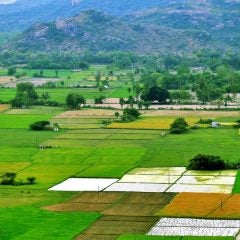
The Great Lakes Center for Farmworker Health and Well-being conducts research and outreach to protect and promote the health and wellbeing of those who sustain agriculture and the food supply chain in Illinois and around the globe. We are part of a network of Centers for Agricultural Safety and Health funded by the CDC National Institute for Occupational Safety and Health. Center Website
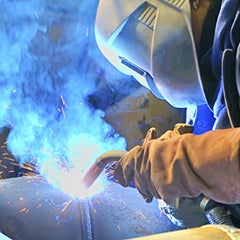
The Great Lakes Center for Occupational Health and Safety (GLC-OHS) provides masters and doctoral training in industrial hygiene, occupational safety, occupational and environmental epidemiology, agricultural health and safety and residency training in occupational medicine. The Center is funded by the CDC’s National Institute for Occupational Safety and Health. Center Website
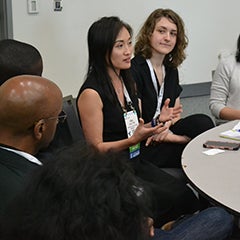
The Institute for Health Research and Policy stimulates and supports high-quality research across UIC aimed at improving health practices and policies through a multidisciplinary perspective. Its research aims to understand and reduce racial, ethnic and socioeconomic disparities in the prevalence and burdens of the top causes of death and disability in the US. Institute Website

The Policy, Practice, and Prevention Research Center (P3RC) conducts research and evaluation to expand the public health evidence base, translates this evidence for use by practitioners, and strengthens leadership capacity to advance policies and practices that improve population health and equity. Center Website
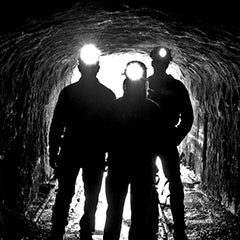
The UIC Mining Education and Research Center works to reduce the risk for mining-related health problems and treat and care for the mining workforce. Current grant projects are examining why mine dust-related lung diseases, including progressive massive fibrosis and rapidly progressive pneumoconiosis, are on the rise and evaluating the course of black lung disease over a miner’s lifetime, including malignant and non-malignant respiratory disease. The center also trains physicians to examine coal miners and identify coal mine dust-related lung disease on X-rays. Center Website